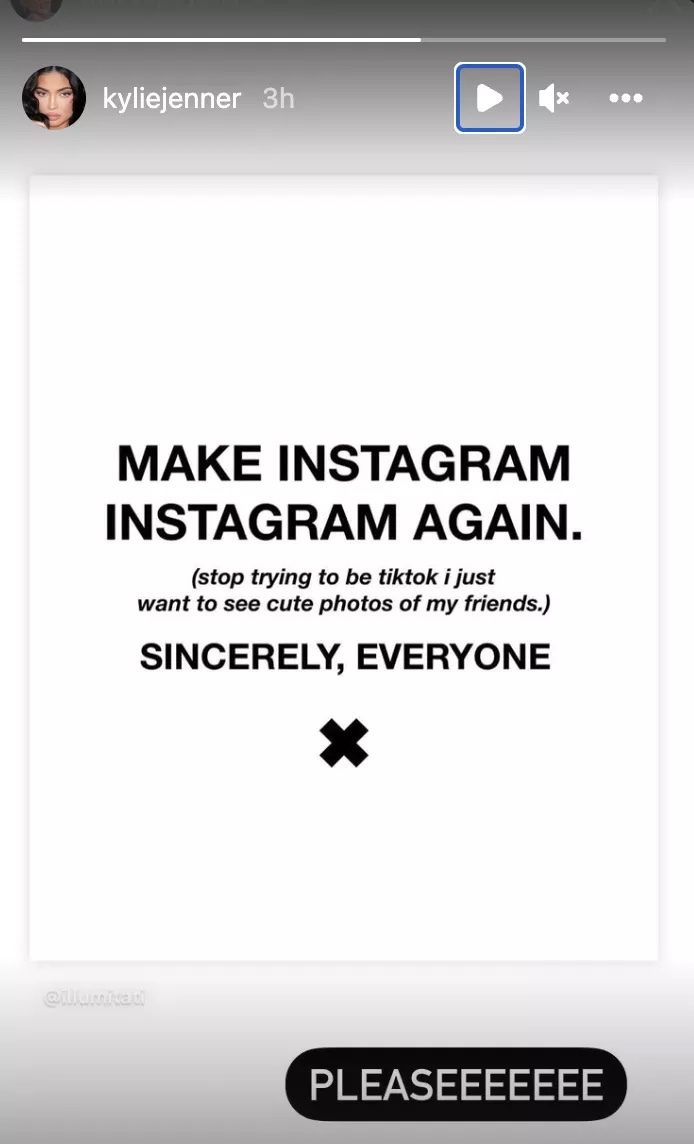 Reproduced from the Pew Research Center; Chart: Axios Visuals A new generation is dramatically reshaping the internet — rejecting and rebuking the social networks they grew up with, which barely resemble themselves any more, Axios' Sara Fischer reports. Why it matters: The social hierarchies created by decades of public "like" counts, and the noise level generated by clickbait posts and engagement lures, have worn on Gen Z. And constant pivots by social media giants have eroded younger users' trust. By the numbers: Gen Z — born 1997 to 2012, so roughly ages 10 to 25 — is the only generation to see recent declines in social media use, per the Pew Research Center. - It reported less use of every social media app last fall, except for TikTok, according to Piper Sandler's most recent Gen Z consumer survey.
State of play: Today, Gen Z users network across an array of smaller apps, each of which serves a distinct function: Twitch for live-streaming and gaming, Discord for private chat groups, BeReal for spontaneous updates, and Poparazzi for candid photos of friends. Be smart: In a world where users are more concerned about online privacy and public interactions are scrutinized more than ever, younger users have become much more deliberate about how they present themselves online, forcing social giants to become far less social. - "Stories," or ephemeral posts, have been adopted by nearly every social media company in the last few years. Today, the option to share content with just a small handful of close friends is most platforms' default.
The big picture: The pandemic also forced Gen Z users, many of whom were living at home, to create stronger communities online. - Unlike the early social networks such as MySpace, Friendster and Facebook, these communities don't start with friends. They are created by people — often strangers — with shared interests.
- Today, most conversations between real-world connections have moved to private messaging, and the richest sort of social networking is happening between creators and their communities.
- Apps like Discord, Geneva and Telegram have become platforms where creators believe they can best develop personalized connections with their fans, the Washington Post reports.
What's next: Many of the biggest tech firms have distanced themselves from the toxicity of social media as regulators circle the industry. Yes, but: The success of TikTok has led most of the existing social networks to re-create themselves in its image. And that business decision is not lost on Gen Z, as evidenced by Kylie Jenner's scathing Instagram post to her 360 million followers Monday. Kylie Jenner's Instagram - The lure of TikTok to Gen Z is its algorithm, which keeps users coming back for material it knows they like but also regularly tests out new kinds of videos.
What to watch: As more apps focus on discovery, the search tools that have long dominated the internet are also being challenged. - Data shared by a Google executive last week suggests that around 40% of Gen Z prefers to discover information on visual platforms other than Google, such as TikTok or Instagram.
The bottom line: Asked if the social media era is over, Snap CEO Evan Spiegel told Axios last month in an interview, "I don't think it's over. But I do think consumers are looking for more and different ways to relate to one another." | 






No comments:
Post a Comment